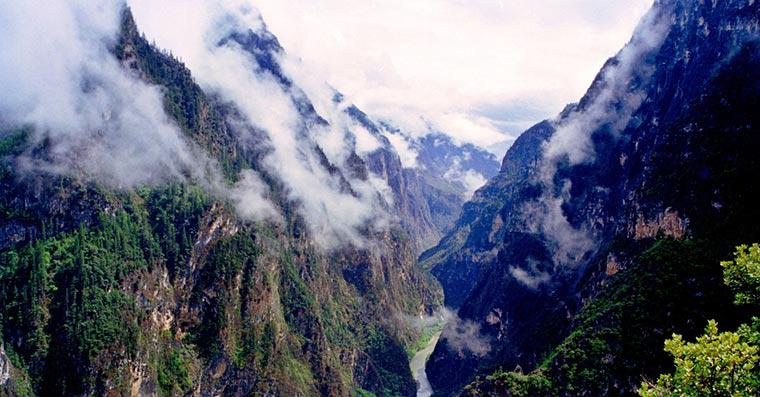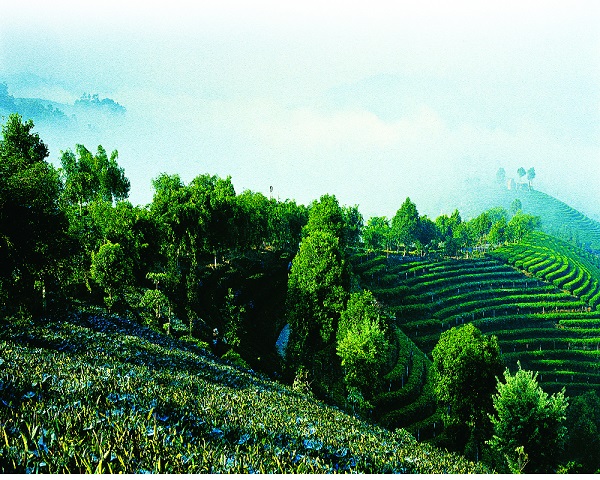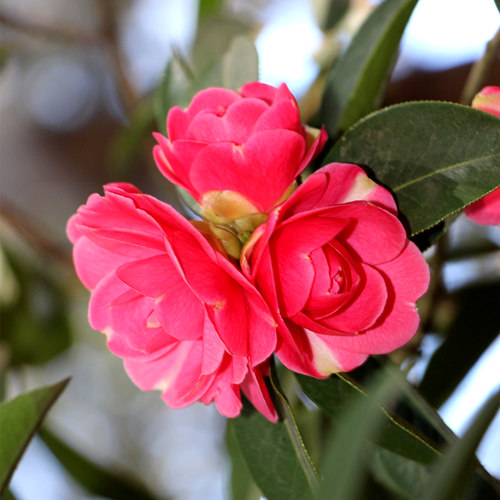
Detailed Introduction to Mojiang County of Pu'er
Mojiang County (墨江县) is a county in the Pu'er City administrative region, located in the southern part of Yunnan Province, China. Known for its rich cultural diversity, picturesque landscapes, and historical significance, Mojiang County is an area that blends natural beauty with a unique ethnic heritage, especially that of the Hani and Yi peoples. This detailed introduction explores Mojiang’s geography, history, economy, culture, attractions, and future prospects.
Geographical Location
Mojiang County covers an area of approximately 2,846 square kilometers and is located in the southern part of Pu'er City, bordering Xishuangbanna Dai Autonomous Prefecture to the south. The county lies within the Yunnan-Guizhou Plateau and is characterized by its mountainous terrain, dense forests, and river valleys.
Mojiang is situated at an elevation between 1,000 meters and 2,300 meters above sea level, which creates a subtropical climate that is favorable for agriculture, particularly tea cultivation. The Mojiang River, a tributary of the Nanpan River, flows through the county, providing vital water resources for both farming and daily life.
The county is strategically located at the crossroads of various transportation routes connecting Pu'er, Xishuangbanna, and other parts of Yunnan, making it an important gateway to southern Yunnan and neighboring Southeast Asia.
History
Mojiang County has a deep historical connection with the Hani and Yi peoples, who have lived in the region for centuries. The county was established during the Republic of China era and has since been a focal point for ethnic autonomy within the Pu'er region.
The name "Mojiang" is derived from the Mojiang River and reflects the region’s historical significance as a location for agriculture and trade. The county has been part of the broader Tea Horse Road network, which connected Yunnan with Tibet and Southeast Asia, facilitating trade in commodities such as tea and horses.
Historically, the area was a strategic region for the Dai, Hani, and Yi peoples, and over time, it became a melting pot of different cultures, languages, and traditions. The county’s history is marked by the interaction between these ethnic groups and their collective contributions to the region’s development.
Economy
The economy of Mojiang County is based primarily on agriculture, with a strong emphasis on tea production, forestry, and livestock farming. The local economy has benefited from Mojiang's fertile land, favorable climate, and its proximity to major commercial routes.
1. Tea Industry
Mojiang is well known for its Pu'er tea cultivation. The county's altitude, mild climate, and fertile soil create ideal conditions for growing Camellia sinensis, the tea plant used to produce Pu'er tea. Mojiang's tea plantations are spread across the mountainous terrain, with tea gardens often shrouded in mist, contributing to the area's serene and mystical atmosphere.
Mojiang’s tea is famous for its deep flavor and earthy aroma, and it is particularly well-regarded in the Pu'er tea market. The county produces both green and aged tea varieties, with compressed tea cakes being the most sought-after product. The tea industry is an essential part of the local economy, providing employment and a source of income for thousands of local farmers.
In addition to Pu'er tea, Mojiang also produces organic tea and highland tea varieties, which cater to niche markets. The local government has focused on improving tea processing and quality control to maintain Mojiang's position as one of the key tea-producing regions in Yunnan.
2. Agriculture
Aside from tea, Mojiang is also known for its production of tobacco, bananas, coffee, and a variety of fruits such as oranges, lemons, and apples. The agricultural sector remains vital to the local economy, with smallholder farmers growing a diverse range of crops to meet both local demand and export markets.
The fertile soil and temperate climate of Mojiang make it an ideal place for organic farming. Over the past decade, Mojiang has promoted sustainable farming practices, including organic certification for tea and other crops, contributing to both environmental protection and improved market access.
3. Forestry
Mojiang is rich in forest resources, including timber, bamboo, and medicinal plants. The county has several protected forest reserves and is part of the broader tropical rainforest ecosystem in southern Yunnan, which attracts interest for both its biodiversity and its potential for eco-tourism.
The local forestry industry is growing, with emphasis on sustainable forest management and the protection of rare plant species, which are often used in traditional medi



